European Union and WHO provide pandemic relief to vulnerable groups
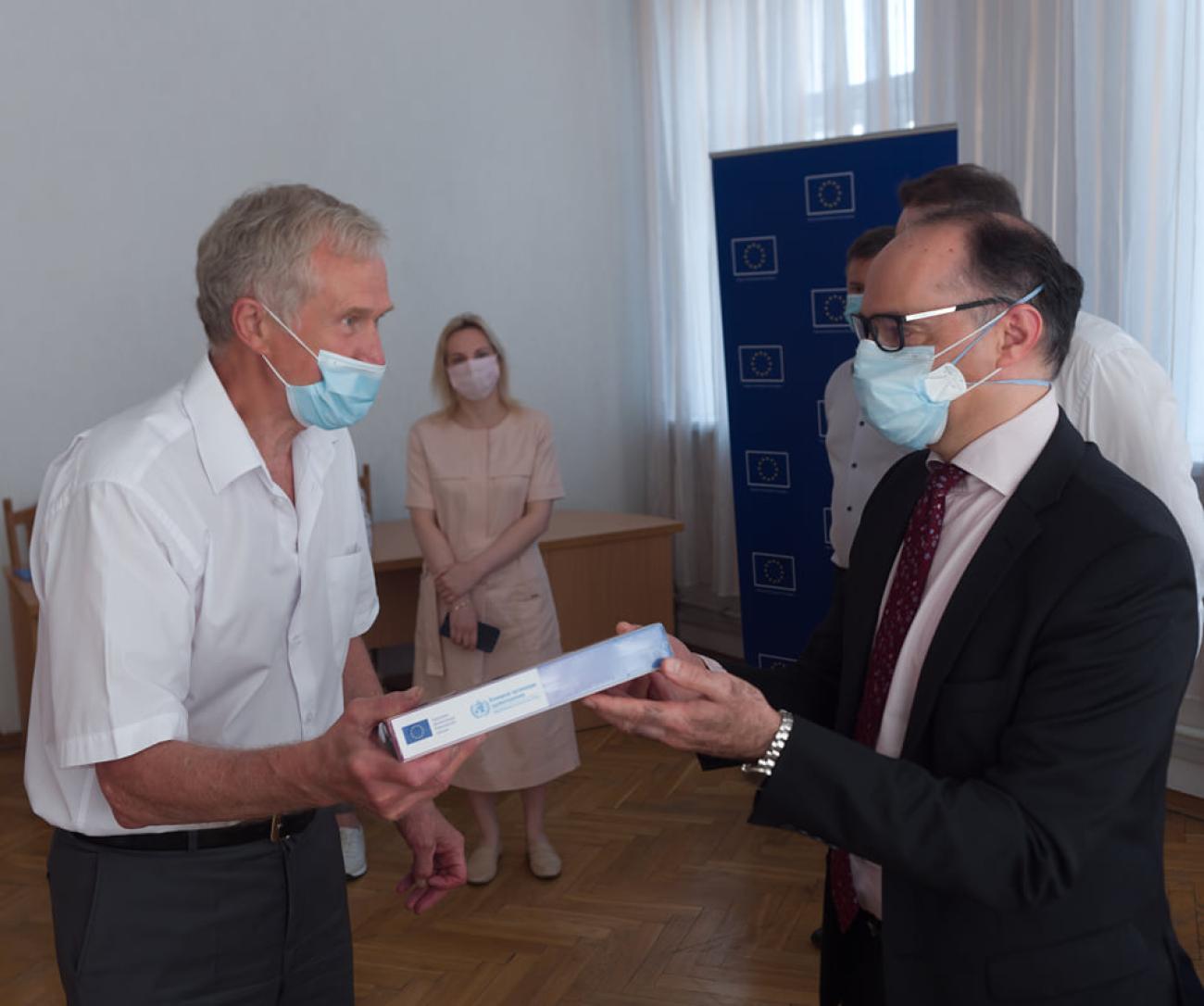
The pandemic has hit hard everyone. But there are people who have been doubly affected.
The pandemic has hit hard everyone. But there are people who have been doubly affected. Attention to vulnerable groups is an important aspect of the work of the WHO and EU.
Twenty five work places of sign language interpreters country-wide will now be equipped with tablets with Internet access. It will allow hearing-impaired people - and there are about 10 thousand of them in Belarus - to feel more confident and simultaneously will reduce the risk of COVID-19 infection among the interpreters.
“During the pandemic, all people wear masks; so I cannot lipread the words they pronounce. Visiting the polyclinic becomes a real problem. I cannot understand what they say at the reception desk and what doctors explain. Sometimes I go round in circles again and again before a doctor takes me by the hand and guides me where I need,” says Anatoli, a young hearing-impaired man.
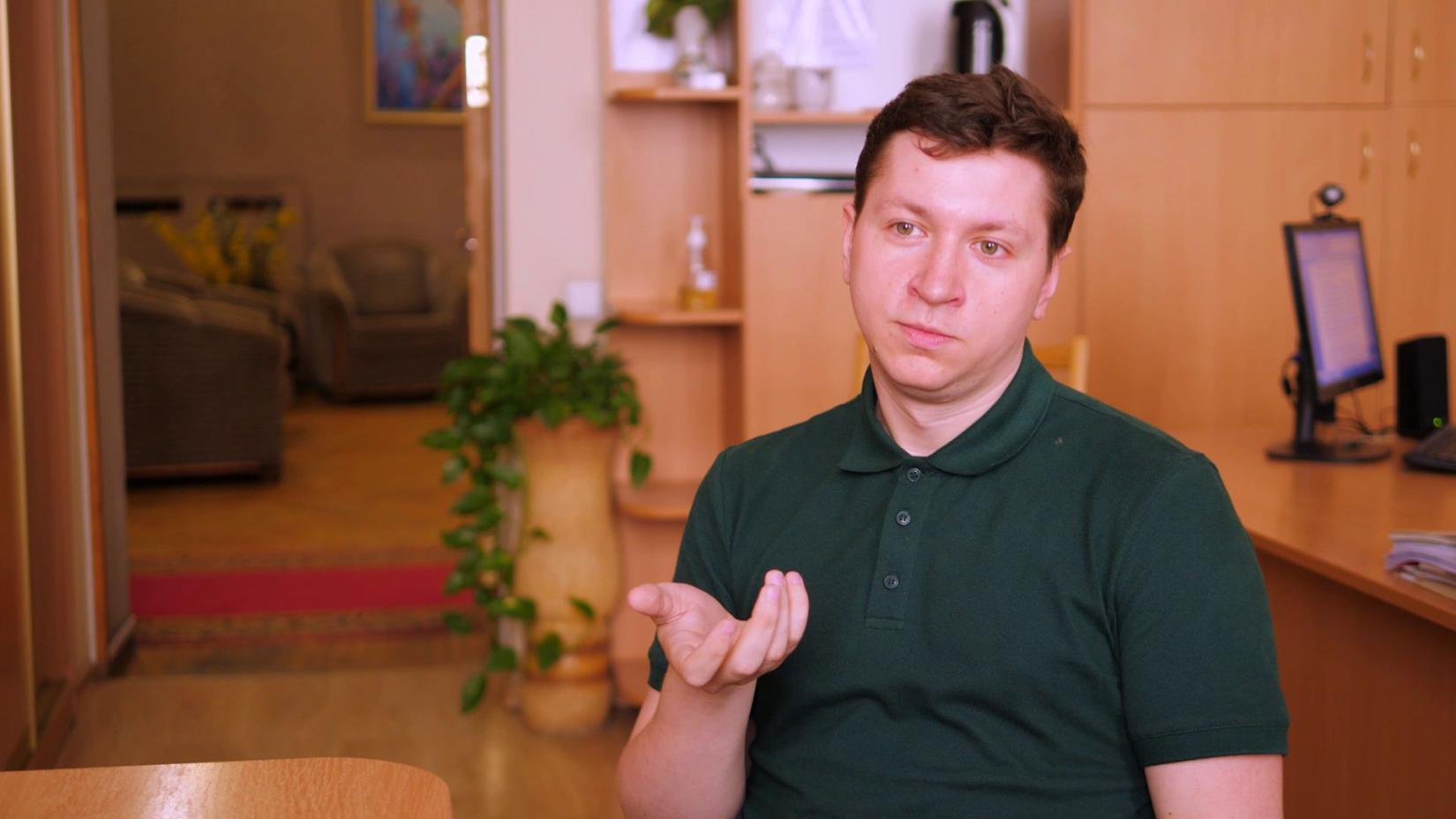
Physical distancing and masks are necessary measures to protect from COVID-19. Still in such situation hearing-impaired people cannot lipread or track emotions of other people. So they become even more isolated.
Another important thing is the necessity to protect sign language interpreters. There are just a little over 60 of them in the country. Forty five percent of them are of pensionable age. During the pandemic accompanying everyone during their visits to polyclinics or for any other important issues is dangerous. Contemporary internet technology can save the situation.
Dr. Masoud Dara, WHO Regional Director's Special Representative to Belarus/Head of WHO Country Office in Belarus, and Natalia Stasevich, Project Coordinator of the European Union Delegation to Belarus, handed over tablets and printed information materials about COVID-19 to Sergei Saputo, Chairperson of the main board of the Belarusian Association of Hearing Impaired People.
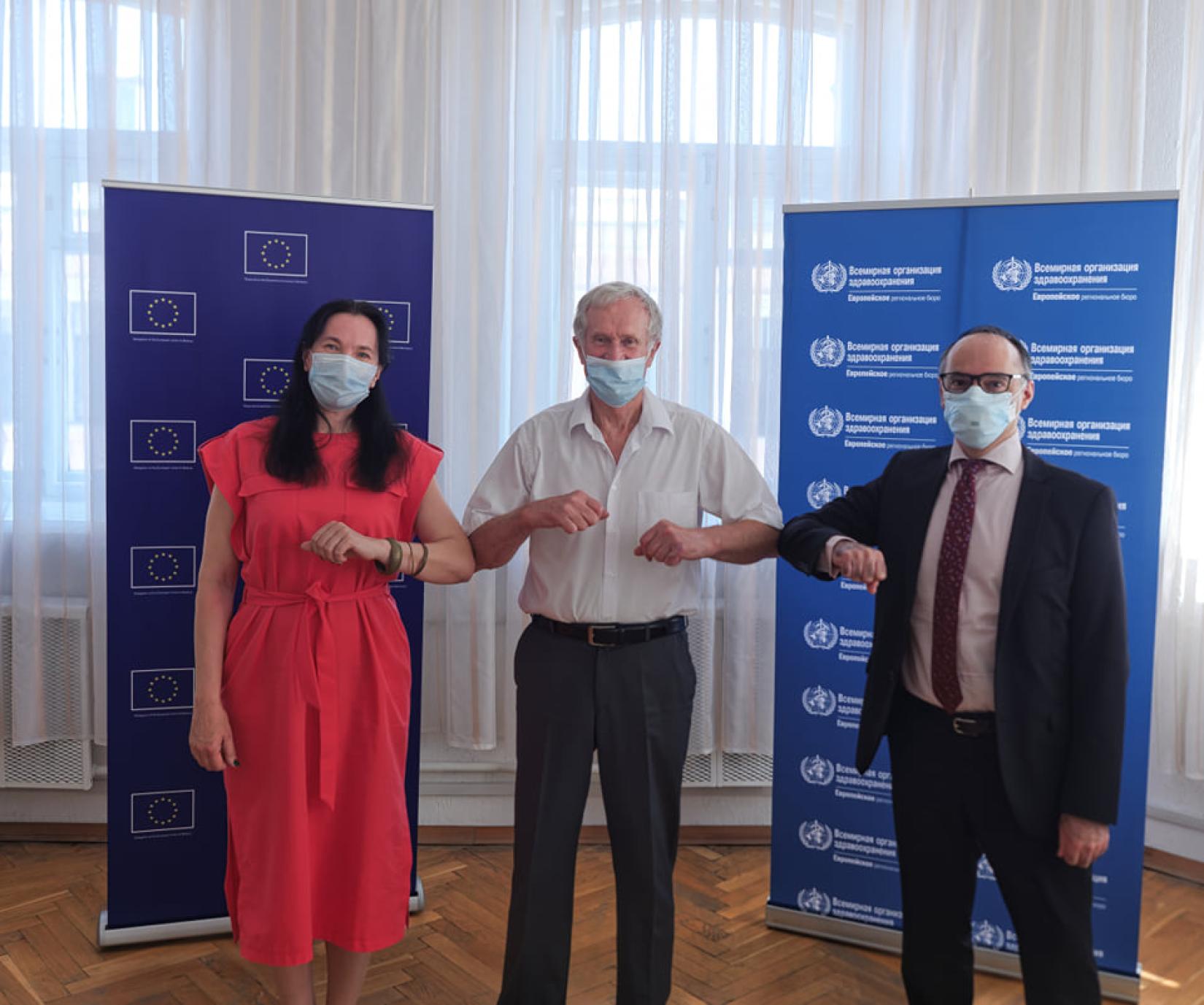
“One of the lessons learned due to the pandemic is that we need to stand and work together. Technical aids now make it possible to conduct various consultations and events remotely, and we should maximize the use of these opportunities. Today’s moderate donation is due to the funds allocated by the European Union. We are grateful for it. It is, first of all, a gesture of solidarity. No one will be left behind. This includes the communities of hearing-impaired people too. We are right there for you and ready to provide necessary assistance,” commented Dr. Masoud Dara.
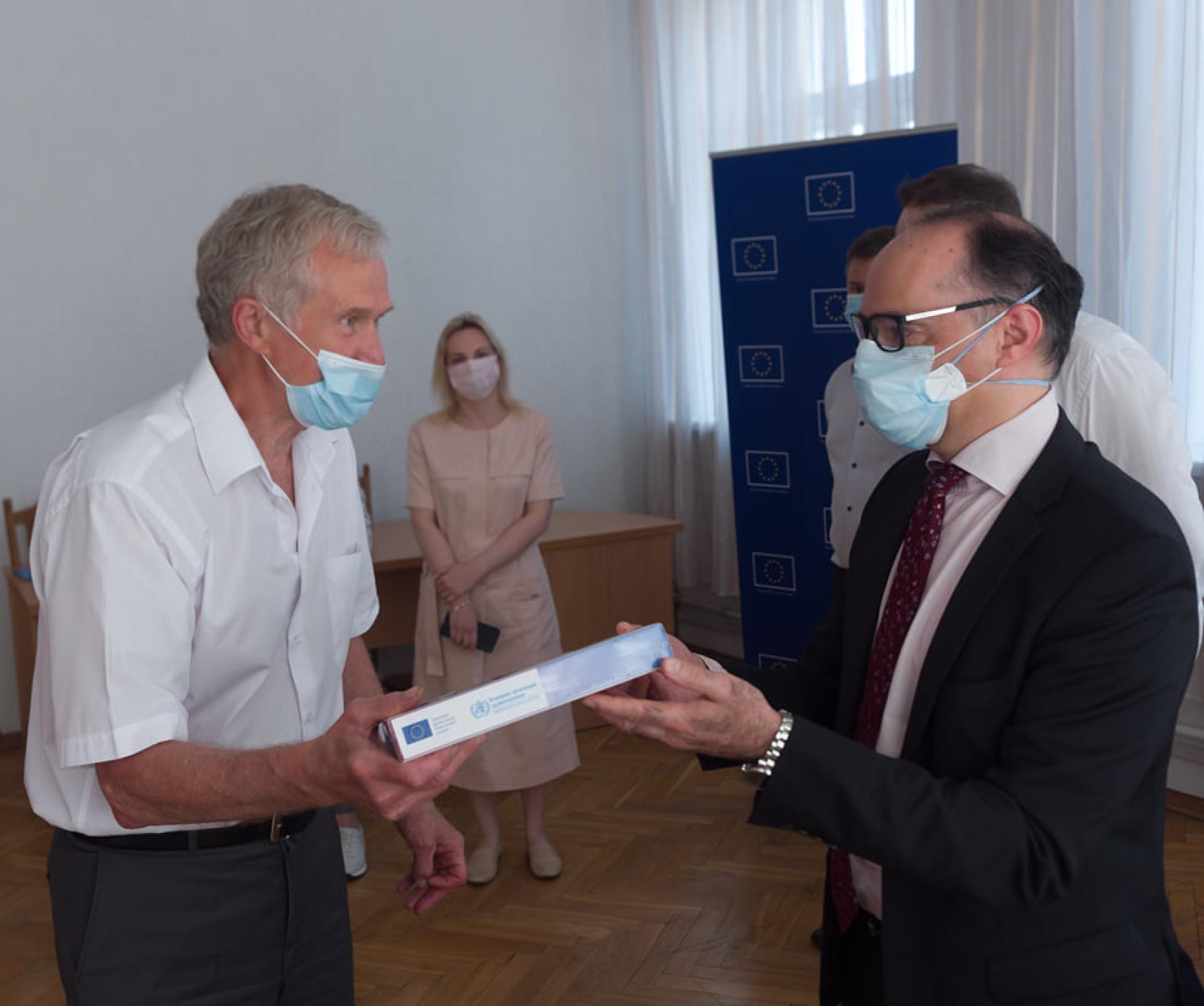
Natalia Stasevich, Project Coordinator of the European Union Delegation to Belarus: “Our today's assistance is provided as part of the big project supported by the European Union of partner countries. It is important that the assistance is really necessary and will be useful in the hard period of the pandemic. In the period like this people with physical limitations are most affected as they are not always able to cope with the problems by themselves. We are happy that we have managed to help together with our partners in WHO.”
Sergei Saputo, Chairperson of the main board of the Belarusian Association of Hearing Impaired People: “Over 55 percent of our members are hearing-impaired people, while 51 percent of them are women. Our six regional and 14 inter-district branches work for hearing-impaired people from all over the country. We help them solve all social issues. We are grateful to the European Union and WHO for this timely support.”
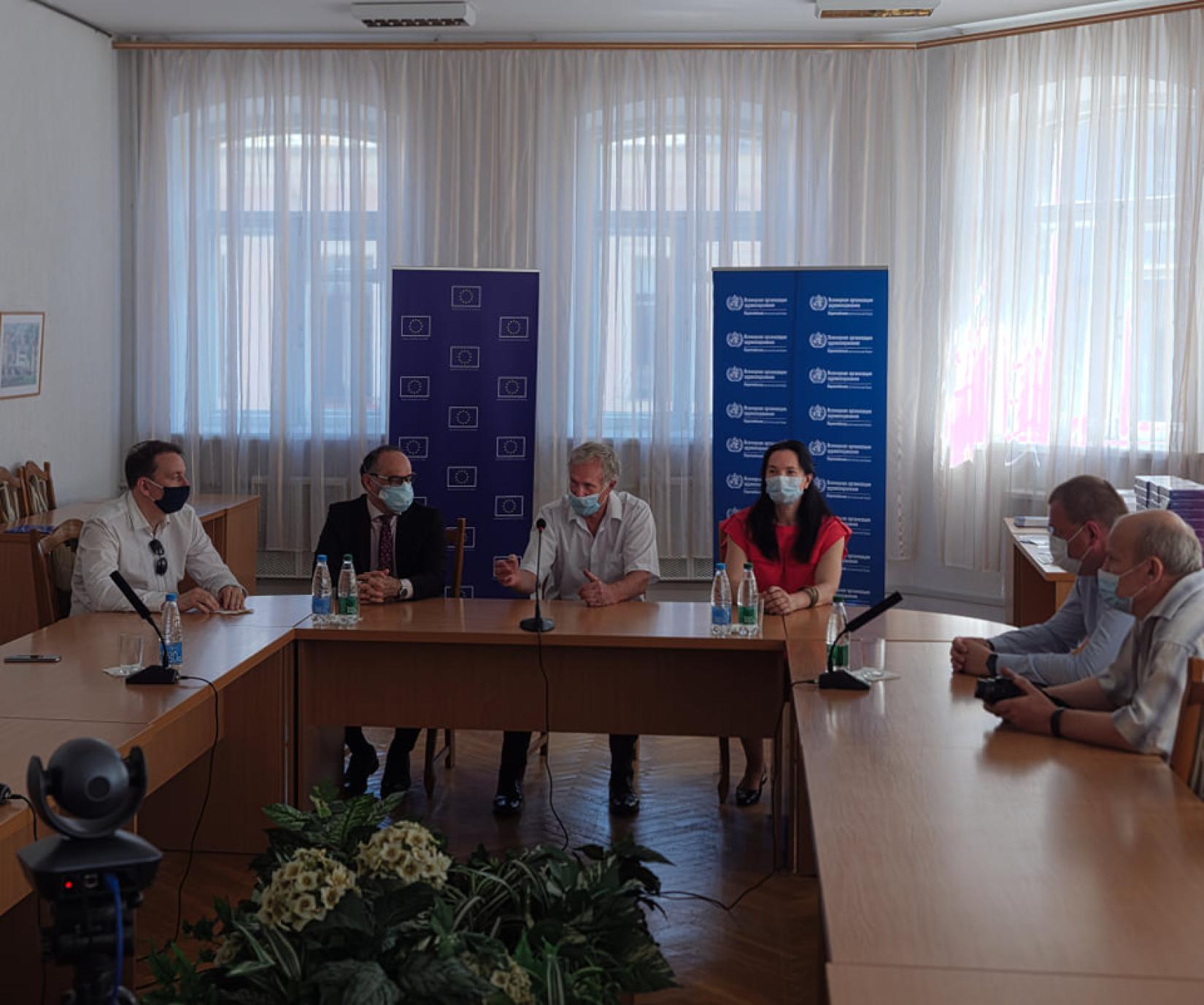
Chairperson of the main board of the Belarusian Association of Hearing Impaired People was grateful to the European Union and WHO for this timely support for hearing-impaired people
“An opportunity to work remotely is critical because many interpreters are afraid of health risks they are exposed to when working with hearing-impaired people. We are truly grateful to the European Union and WHO for their participation and help,” says Tatiana Goncharik, sign language interpreter.
Tablets delivery was a part of the joint EU and WHO Solidarity for Health Initiative funded by the European Union.
What additional challenges do hearing-impaired people have during the pandemic? What are the solutions? See the stories of Nikita and Anatoli.




